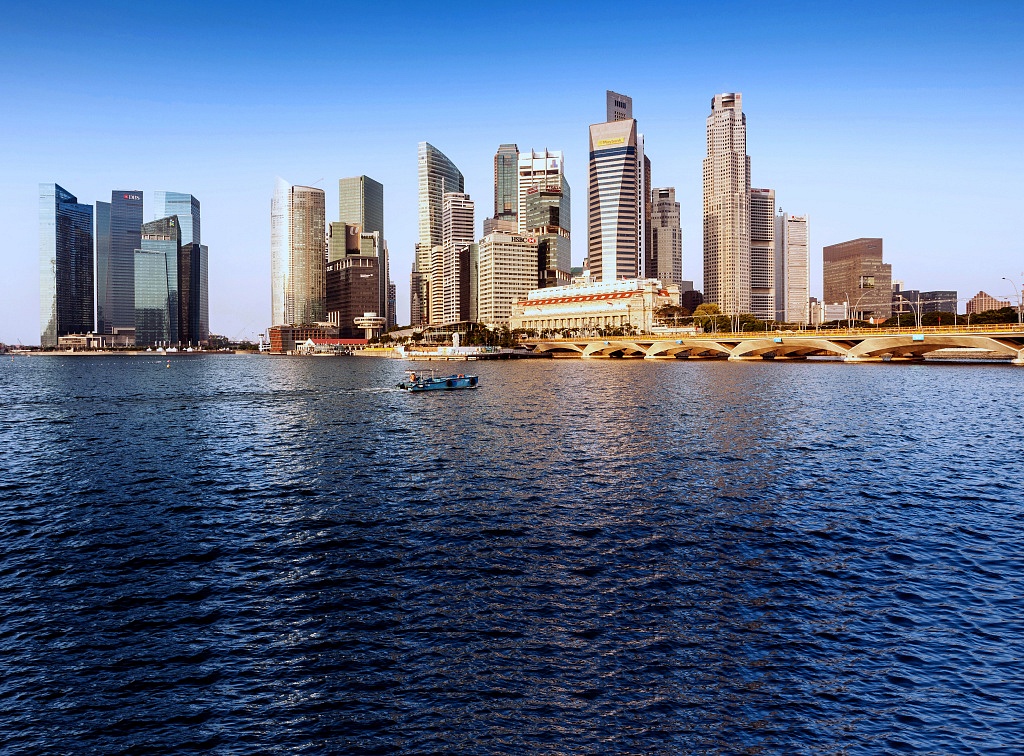In our previous post, we described how Singapore’s model of tripartism and social dialogue has played a central role in our country’s economic and social development in the last 50 years. But how does the international community regard our model?
Ahead of The International Forum on Tripartism in Singapore, Guy Ryder, Director-General of the International Labour Organization (ILO) shares his views on tripartism, Singapore-style.
The ILO’s message to the International Forum on Tripartism for Sustainable Growth and Development
My wish for Singapore is that you achieve The Social Development Guidelines call for “sustained, inclusive and sustainable economic growth, full and productive employment and decent work for all”. I do hope that Singapore’s tripartite constituents will renew their commitment and pledge to resort even more to tripartism and social dialogue in the future as a tool to deal with the challenges of a very rapidly evolving world of work.
ILO’s takeaways from The Singapore Story
Singapore’s short recession spell following the global financial and economic crisis is very much a reflection of effective tripartite social dialogue. Government and social partners were able to come together to devise a strategy that facilitated both a prompt and inclusive recovery. Singapore’s example shows us that tripartism can be the linchpin for lasting economic recovery.
As seen in Europe, member states that implemented extensive austerity measures in response to the crisis – often in the absence of social dialogue – served only to prolong and deepen the impact of the crisis. Damage done to tripartite relations may take even longer to heal. As the Singapore story shows, nursing cohesion between social partners is a long-term commitment, but central to sustainable growth and decent work.
Singapore’s Role In The ILO
Singapore became a member of the ILO at its independence in 1965, and since then, the Government, the National Trade Union Congress and the Singapore National Employers Federation have been active within the governance structures and work of the ILO.
This shows that size (of population and land mass) is no barrier to building influence and reputation in international fora. In Asia and beyond, Singapore is looked upon as a model, and many countries are interested in learning lessons from your successful development, in particular your social dialogue model and social protection system. Your successful use of consensus-based tripartite action to create an effective response to the recent global economic crisis also attracted attention. Many other countries want to apply the lessons from Singapore’s successes to their own national situations.
As the ILO approaches its centenary in 2019, Singapore will have an important role to play in sharing its experiences and lessons as it tackles the changing nature of work in its own national context.


